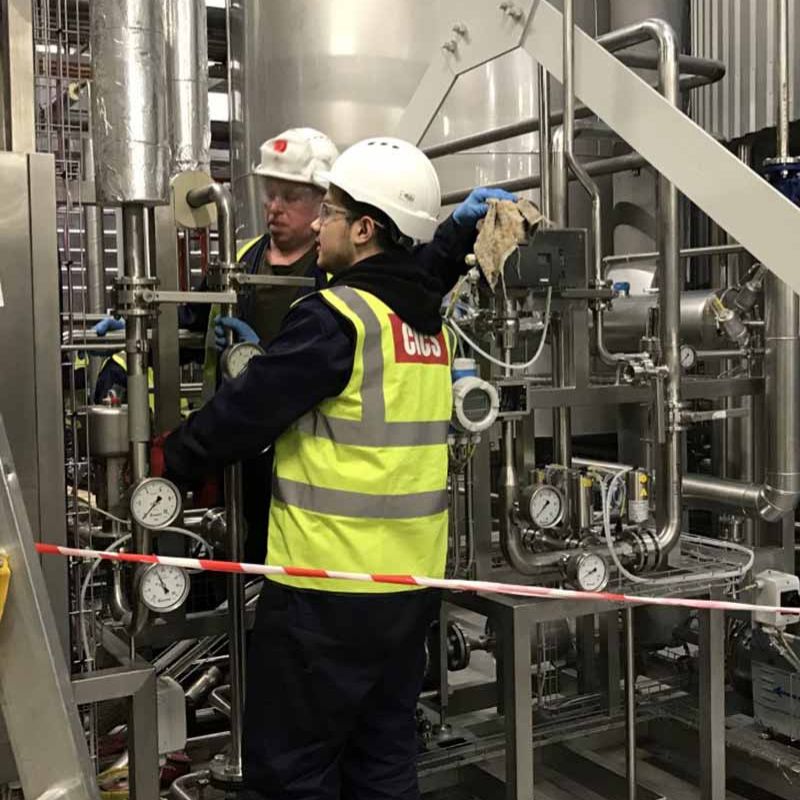Get in Touch with Our Trained Brewery Cleaning Professionals
Leave your information and any images you have of the brewery equipment and areas that need cleaning on our contact page so we can get a feel for the work that needs to be done. If we can't get a good enough quotation from the photos, we usually go check it out in person.

















